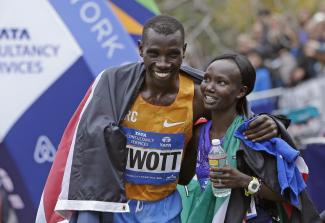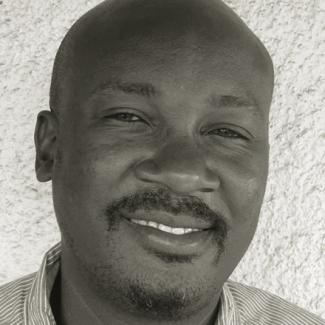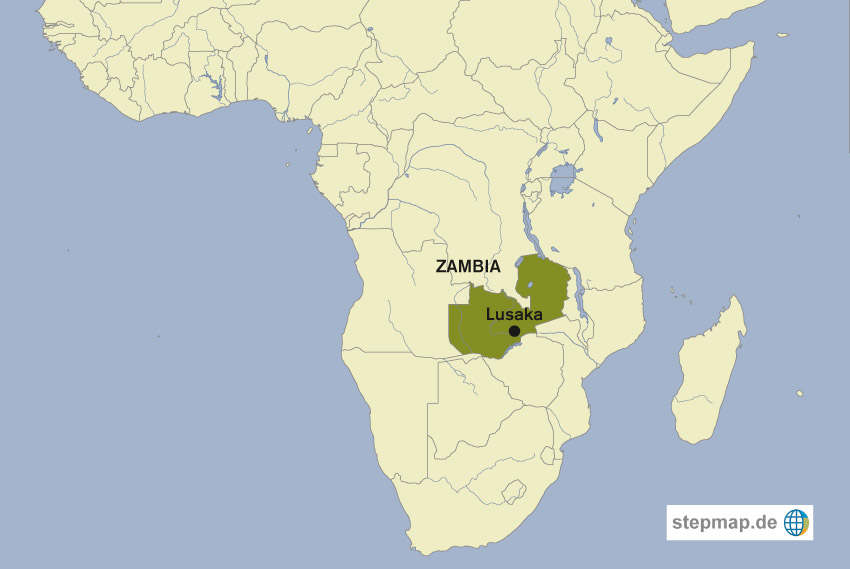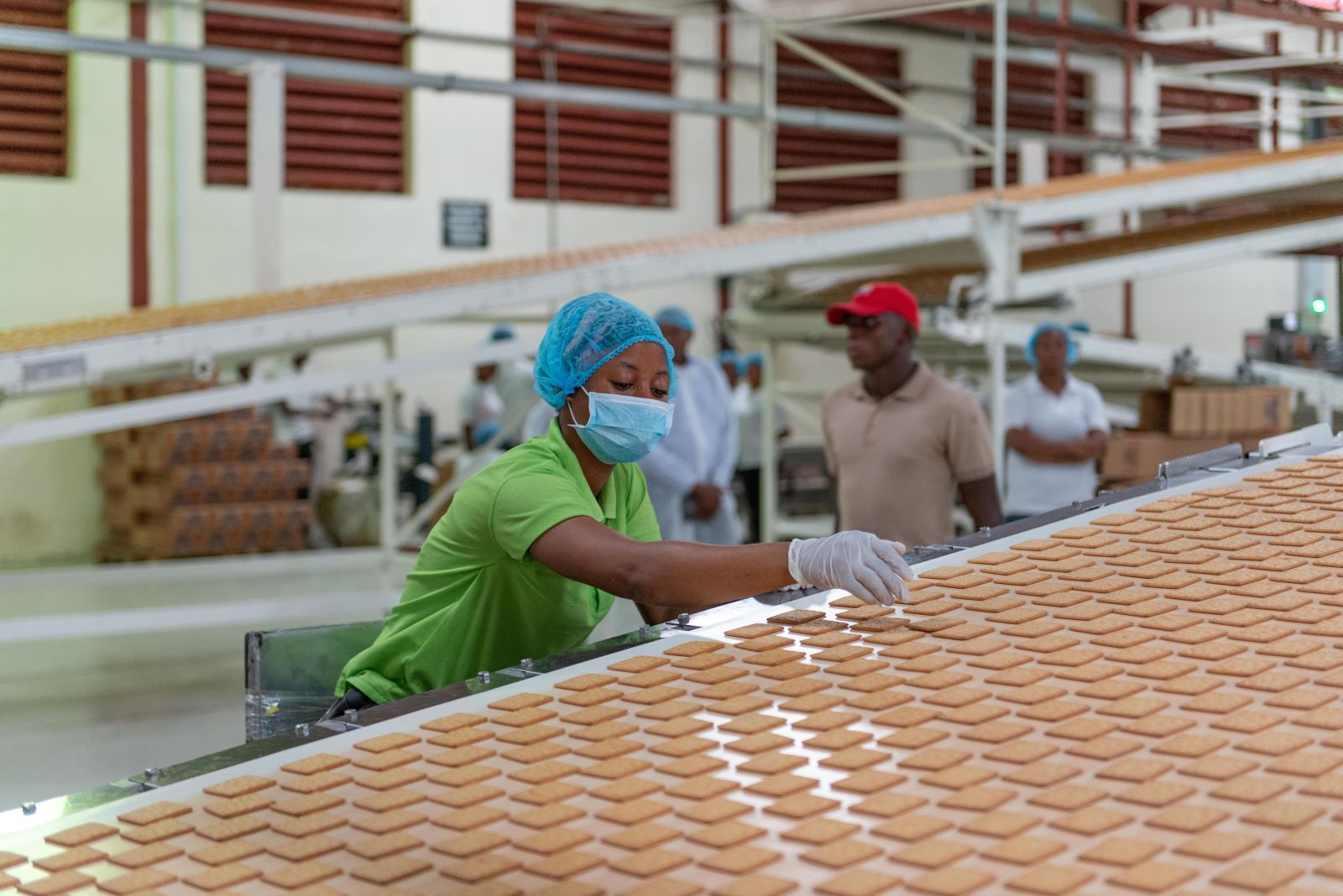Athletics
Kenyans run to world fame

In the 1968 Summer Olympics, the Kenyan Naftali Temu ran the race of his life in an exhausting duel in the heat of Mexico City. He beat Ethiopian runner Momo Wolde in the 10,000 metres race by only 0.6 seconds and became Kenya’s first Olympic gold medallist. His success inspired an entire future generation of the young East African country that had just gained independence from colonial rule a few years earlier.
Kenya has since dominated long distance races globally. Last August in Beijing, Kenya startled traditional athletics superpowers like the USA, Jamaica and Russia by topping the overall medal tally at the World Athletics Championships for the first time. The country scooped seven gold medals.
Generations of great athletes continue to emerge. Their idols are Kenyan champions like 800 metres world record holder David Rudisha and 3000 metres steeplechase supremo Ezekiel Kemboi, amongst others.
Children run to school
Interestingly, almost 80 % of Kenya’s successful athletes come from one community, the Kalenjin tribe. They live in the Rift Valley in the western part of the country. Scholars have come up with different theories to explain this phenomenon. Some argue that the Kalenjins’ genes favour running, others say that a combination of poverty and children running to and from schools over long distances plays a part. Schools are several miles away, and most children can only reach them on foot. Altitude certianly matters (see box below). Most athletes are found running in the towns of Iten and Eldoret.
Here, young Kenyans are joined by athletes from other parts of the world wishing to rise to the top. Asked about the opportunities of future Kenyan runners, Benjamin Limo, winner of the 1999 World Cross Country Championships, says: “Children run long distances to school; this gets them used to running. Everybody is fighting for a better life, an opportunity to become famous. But the government is not investing in them.”
According to Limo, the business of running has its own dynamics. It is an expensive enterprise: running shoes are costly, booking training facilities can be prohibitive. “You need a manager who links you to a running shoes company. When you get price money, tax is deducted. This can range from 20 to 35 %. The manager takes 20 %. Travelling costs eat up up to 30 to 40 % of what you make. You might end up keeping just 20 % of the price money.”
Furthermore, the Kenyan government plans to tax price money won in international competitions. “That is unfortunate,” Limo says. “They should instead promote the sport by waiving taxes for training facilities. If the government wants to tax us, let them tax the property we own, not the price money that is already taxed abroad.”
There is no incentive from the government to motivate runners. Recurrent promises of setting up training facilities across the country have not been actualised. Aspiring runners are left to their own devices, and most elite athletes do not feel recognised at home. Companies see business opportunities in sports events and make millions of dollars from registration fees. Every month, there are marathon events organised by bankers, telecoms companies, media houses, milk companies and others.
Of course, not everyone who wants to be a professional athlete succeeds. Some of those who lack talent or stamina try to cheat. Last year, athletics officials intercepted a runner who was trying to cheat himself into second place to win $ 7000 of prize money during a marathon event. The runner had hidden amongst the crowd and only joined the race in the final stretch.
Doping and corruption
In the recent past, athletics in Kenya has been mired by allegations of doping and corruption. Nearly 40 Kenyan athletes have tested positive for drug use in the past two years. The International Association of Athletics Federation (IAAF) is threatening to ban the entire track and field team from the Olympics in Rio this August for being non-compliant with the World Anti Doping Agency (WADA) code. Kenya is accused of attempting to cover up drug taking.
Three senior athletics officials have been provisionally suspended for 180 days by the IAAF over alleged corruption and accusations of subverting anti-doping processes. The officials are accused of potentially diverting sponsorship funds by secretly pocketing nearly $ 700,000 from sportswear manufacturer Nike.
Dozens of athletes stormed the Athletics Kenya premises last November and staged a sit-in calling on senior officials to step down over the allegations of corruption and mismanagement.
Isaac Sagala is a Nairobi based journalist and radio trainer.
bwanasagala@gmail.com











